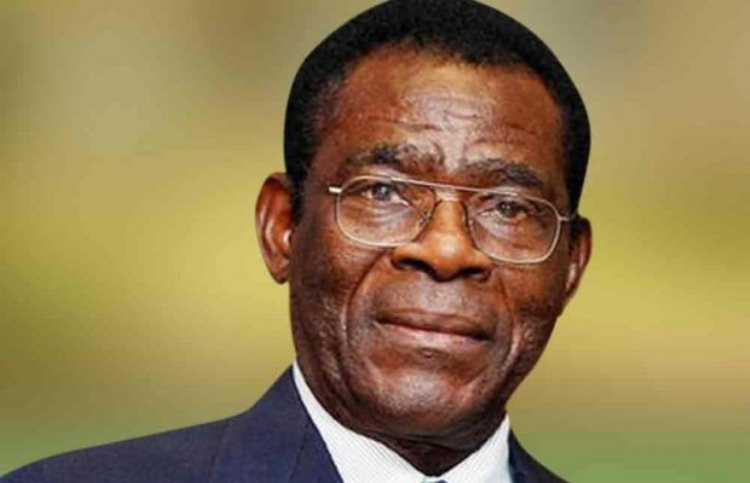The Diplomat
The Congress has urged the Government to withdraw the decorations granted by the State to the President of Equatorial Guinea, Teodoro Obiang Nguema, the former Argentine dictator Jorge Rafael Videla and other representatives of international totalitarian regimes.
The Non-Law Proposition, presented by the Parliamentary Group of Unidas Podemos, was approved last September 23rd by the Constitutional Commission of the Congress with the favorable votes of PSOE, Unidas Podemos, Ciudadanos, Esquerra Republicana (ERC) and Bildu, with the vote against of Vox and the abstention of PP.
The motion recalls that, “from the Transition to the present day”, the Government has awarded decorations and medals to an endless list of natural and legal persons in Spain and abroad. “However, not all of those who have been decorated have demonstrated exemplary actions and behavior”, since among those who have been decorated there is “a list of people who have violated the limits of domestic and international law, as well as leaders of totalitarian regimes that have committed serious violations of human rights and crimes against humanity”.
An example of this, it continues, is the awarding of the Royal Order of Isabella the Catholic to “figures such as the Argentine dictator Jorge Rafael Videla, condemned by the Argentine justice system as the perpetrator of 469 crimes against humanity”, or the Uruguayan coup general Gregorio Alvarez, “condemned for multiple crimes of homicide and forced disappearances”. “This decoration has also been granted, by the former head of state (Juan Carlos I), to characters such as Teodoro Obiang, who has come to power in Equatorial Guinea through a coup d’état and who continues to persecute the political opposition in his country for more than forty years,” it adds.
For this reason, the Proposition urges the Government “to proceed to the review and withdrawal of decorations and distinctions awarded to members of totalitarian regimes and to persons who have been convicted of crimes against humanity or criminal acts that are manifestly incompatible with democratic values and fundamental rights and freedoms”.
During the debate, the MP Gerardo Pisarello, of En Comú, wondered “how can it be that some rules have no safeguard in terms of Human Rights” and regretted that certain “characters” have been distinguished with the Royal Order of Isabella the Catholic, which recognizes “extraordinary behaviors of a civil nature for the benefit of the Nation or that contribute, in a relevant way, to favor the relations of friendship and cooperation of the Spanish Nation with the rest of the International Community”.
For its part, the PSOE -partner of Unidas Podemos in the Government- reminded that the Law of Democratic Memory, currently being processed in the Congress, already contemplates the possibility of withdrawing the decorations that are incompatible with the democratic values. Likewise, José María Espejo, from Ciudadanos, assured that his group supports the motion because of its “unequivocal commitment” to democracy and freedom, but asked the proponents to show “the same energy” to denounce the tributes to ETA members in the Basque Country and Navarra, because “democracy should not be selective”. Jaime Mateu (PP) regretted that UNO Podemos does not have the same attitude towards regimes such as the Cuban one and urged this group to condemn the tributes to ETA members. For his part, Carlos Zambrano (Vox) accused Unidas Podemos of having put on “the disguise of democrat” while “supporting” the regimes of Cuba and Venezuela.







